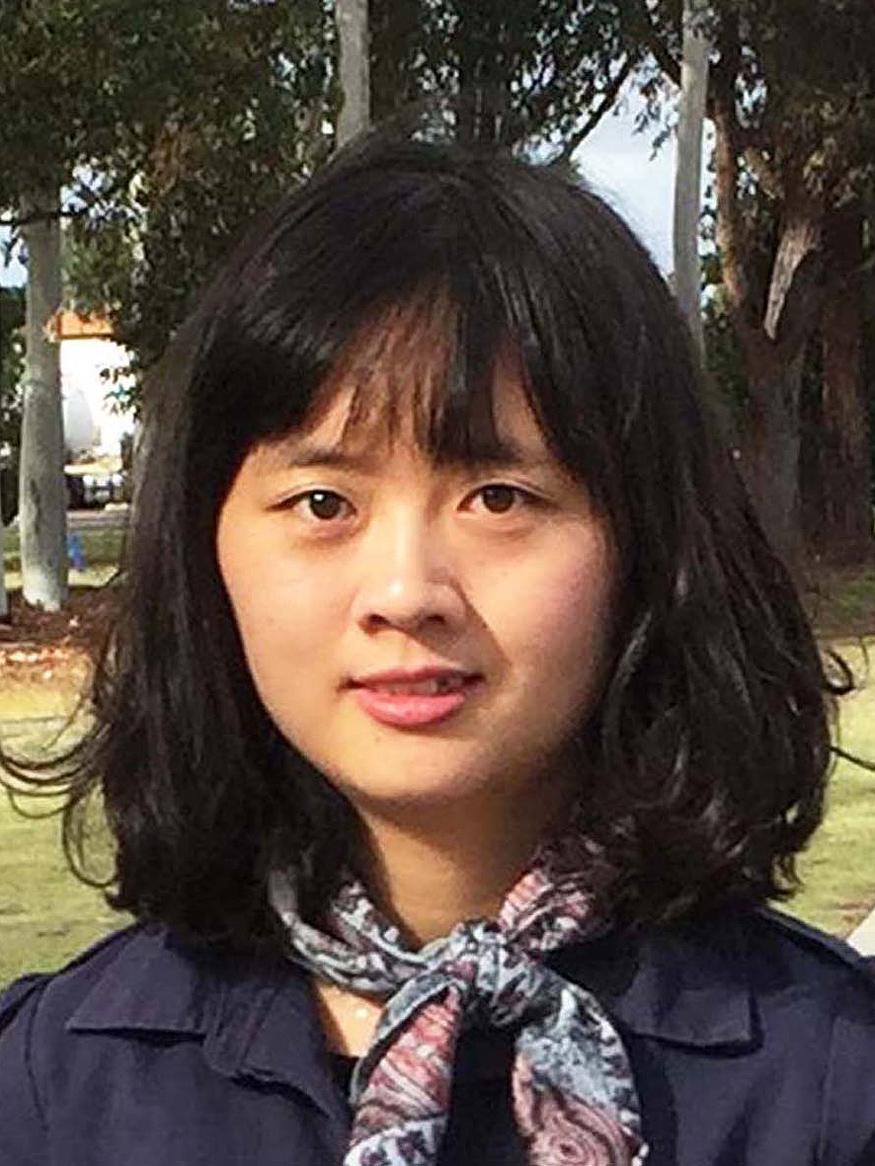ARC Discovery Early Career Research Awards 2022
The successful recipients of the Discovery Early Career Researcher Award (DECRA) scheme have now been announced.
Of the five awards given to the University of Adelaide, the Faculty of Engineering, Computer and Mathematical Sciences have received two with both successful candidates coming from the School of Chemical Engineering and Advanced Materials. The total funding received across the two awards is $857, 582.
Congratulations to the two successful ECMS early career researchers:

Dr Cheng Tang
School of Chemical Engineering and Advanced Materials
Multiscale Design of Electrocatalysts for On-Demand H202 Production – $433,082
The aim of this project is to design advanced single-atom catalysts at multiscale for efficient and selective electrocatalytic reduction of oxygen to hydrogen peroxides as clean chemicals and fuels. It is expected to generate new knowledge in materials science and electrochemistry, using interdisciplinary approaches of multiscale material engineering, in situ characterisation and theoretical calculations. Expected outcomes include generalised design principles, innovative synthesis strategies, refined reaction mechanism understanding, and commercially relevant electrolysis technologies. Benefits include a sustainable future for Australia with advanced manufacturing, decreased emissions and resilient chemicals supply.

Dr Wenjie Tian
School of Chemical Engineering and Advanced Materials
Conversion of biowastes to nanoporous carbon materials for green catalysis – $424,500
This project aims to develop a family of biowaste-derived porous carbon and single-atom-anchored porous carbon catalysts for the degradation of emerging microcontaminants in water. Innovations are expected in systematically developing affordable, facile, productive, and sustainable approaches. Via reaction-oriented structure design, new concept will be defined at the atomic level using calculations and in situ characterisations in material engineering and advanced purification technology. The anticipated outcomes will provide fundamental knowledge in green nanotechnologies for water remediation. Success will secure a sustainable future for Australia with clean water and strategies for advanced manufacturing in relevant areas.
The DECRA scheme provides focused research support for early career researchers in both teaching and research, and research-only positions funded for three consecutive years on a full-time basis.
Congratulations to our ECMS researchers who have successfully received funding.
